Carbohydrates and sugar
Baby's food

Carbohydrates are the body’s main source of energy. They are an important part of a healthy diet for children. Fruits contain simple carbohydrates, such as the sugars glucose and fructose, while potatoes contain complex ones, such as starch. Complex carbohydrates are broken down by the body into simple sugars and are used by the body’s cells for energy.
Carbohydrates come in two forms:
- Simple carbohydrates (or sugars): These include fructose, glucose, and lactose, mostly present in nutritious whole fruits
- Complex carbohydrates (or starches): These are found in foods such as starchy vegetables, whole grains, rice, bread, cereals, etc.
Carbohydrates: insulin and energy
Carbohydrates are broken down into simple sugars in the intestines and are absorbed into the bloodstream. As the sugar level in the body rises, the pancreas releases a hormone called insulin. Insulin helps move sugar from the blood into the cells where it can be used as energy.
While the carbohydrates in some foods (e.g. in refined grains) are easily broken down, causing blood sugar levels to rise very quickly, carbohydrates in other foods (e.g. in whole grains) are broken down more slowly, making blood sugar rise gradually. A diet that is high in foods that cause a rapid rise in blood sugar level may increase the likelihood of developing diabetes.
For a child that is over two years old, it is important to ensure their diet includes around 60% of calories from good sources of carbohydrates; added sugar should be highly limited.
The “Bad” carbohydrates
Medical experts generally think eating too many refined carbohydrates, such as the refined sugars in candy and soda and refined grains like white rice and flour, isn’t good for the body. These “bad” carbohydrates, however, are easy to get, come in large portions, taste good, and aren’t too filling, so people often eat more than they need to. Some are not even needed at all because they provide no nutrients whatsoever (empty calories) — examples are sodas and candies.
This is not to say all simple sugars are bad. Some nutritional foods such as fruits, vegetables, and dairy products still contain simple sugars that are good for the body.
Why are complex carbohydrates considered “good” ?
Complex carbohydrates have the following properties:
- Slow digestion: Whole grains are digested more slowly. Since digestion is slower, the carbohydrates are absorbed into the body at a slower rate, giving the body time to regulate how they are metabolized.
- High fiber content: Foods that contain high fiber are filling and discourage overeating.
- Vitamins and minerals: Whole grains contain vitamins and minerals such as iron, magnesium, and B vitamins.
- Prevents chronic diseases: Diets rich in whole grains protect against diabetes and heart disease.
What you should know about simple sugars
Foods that are high in added sugar, such as sodas, candies, and cakes, are often low in nutrition but high in calories. A high sugar diet may not only lead to tooth decay but also has been linked with obesity. Instead of refined sugar, offer your child healthy foods.
Finding healthy options
Always check the nutritional facts on food labels when buying foods. Look out for total carbohydrate and avoid food that has a lot of sugar or other sweeteners on the ingredient list.
Verified:
Dr. Piyawut Kreetapirom, MD. license no. 41578 (15 July 2021)



